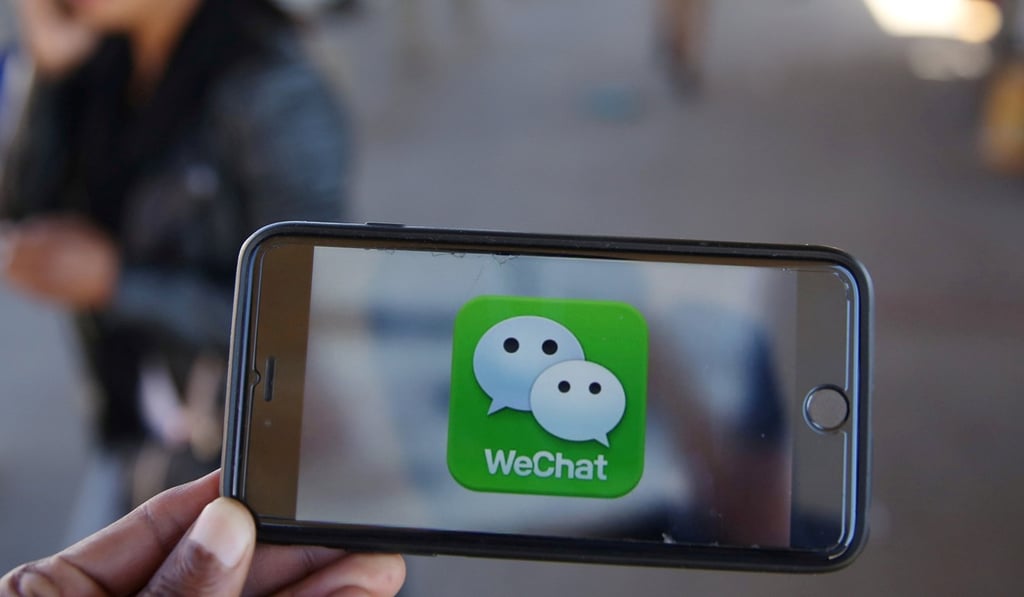Here’s just some of the apps Chinese can use to fend off boredom and nosy relatives over the holidays
- Chinese have plenty of online options to stave off holiday boredom

Thanksgiving, Christmas, New Year. The holidays are a time for families to gather and celebrate the good times. While most may enjoy the reunions and catching up, others may dread the awkward conversations, invasive relatives and potential boredom. These emotions are universal and thankfully in China, land of the digital-natives, there is a plethora of apps that can help to distract and satisfy the senses.
Here are the apps that the average Chinese mobile user will probably be using.
1. WeChat is the largest stand-alone messaging app in the world with it's over 1 billion monthly active users. The app contains over a million “mini programmes” where users can play games, order food, book transport, shop online and more, all without ever having to exit the app. Chinese users rely on it to go about their daily lives. It’s the perfect app for those stuck at home and who want to connect with friends – especially those suffering a similar plight – or make new ones using the location-based discovery function.

2. iQiyi, Tencent Video, Youku, are the essential video streaming apps for binge-watching serial dramas, variety shows, foreign films and documentaries. Chinese TV series usually number between 20 and 80 episodes, giving viewers sufficient time and reason to be glued to a screen, and be antisocial.
3. Douyin (also known as Tik Tok), and Kuaishou, allow users to create or watch videos that range between 15 seconds to 20 minutes long. Celebrities, influencers and wannabes produce short videos or live-stream themselves doing anything from posing for selfies, pulling off pranks or showing off their wealth. Douyin users typically live in tier-one and two cities like Beijing and Harbin while Kuaishou targets youth in small Chinese towns outside major urban areas. A combined average of 1 billion videos are uploaded onto the platforms each day so viewers will never get bored. However, these apps are highly addictive.